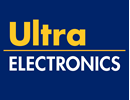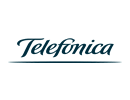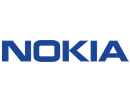SSDL Helps Extend the Life of a Telecom Switch
We were contacted by a well-known telecom OEM looking to extend and support the life of its legacy product switches.
Many of the OEM’s customers were looking to keep the switches working for at least 10 more years. However, certain data storage components (such as 3.5” 50-pin SCSI HDDs and SCSI magneto-optical drives) were failing due to end-of-life.
Compatible conventional replacements were no longer available from the original manufacturers. Moreover, refurbished drives proved to be unreliable in the long-term.
The OEM’s goal was to maintain customer satisfaction and increase revenue streams from a telecom switch in the ‘mature stages’ of its product life.
Our brief included the conditions that no software updates could be made to the legacy telecom switches and the replacement drives must be transparent to the host (transparency that included the need to pass specific SCSI diagnostics before the host will declare the replacement drive good).
Exact form, fit and function (of the legacy drive) was essential. So too was delivering reliability, which was easy to do as our CF2SCSI SCSIFLASH solid-state drives have no moving parts. And compared to HDDs and MO drives they consume less power and produce less heat.
This project involved accommodating some quirky host system behaviour that was a slight deviation from the SCSI standard, but we coped. Indeed, it’s something we see a lot of, and can typically accommodate by using hardware jumpers or changes to our emulator drivers. This enables us to adhere to any ‘no changes to the host’ rulings that are placed upon us.





























